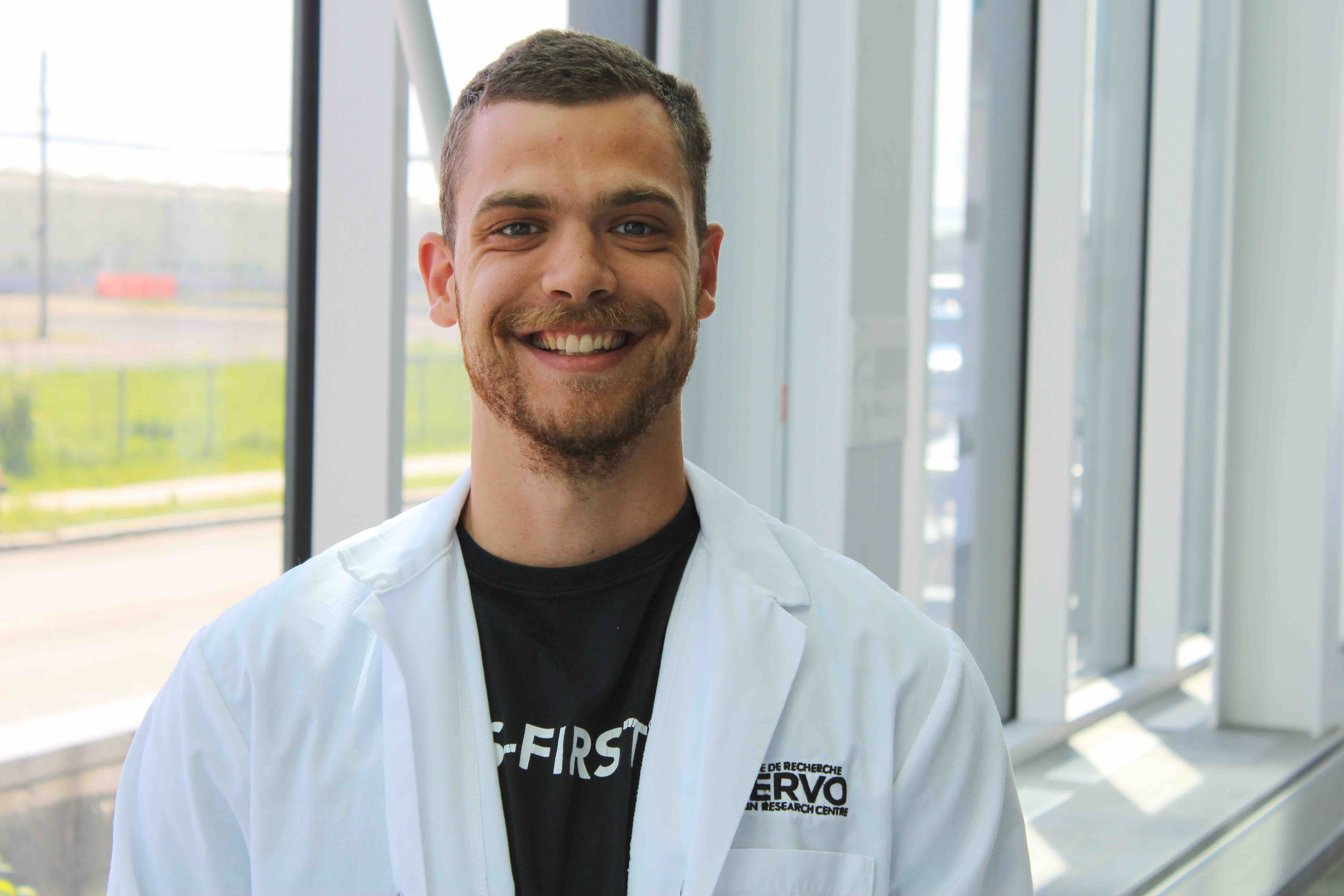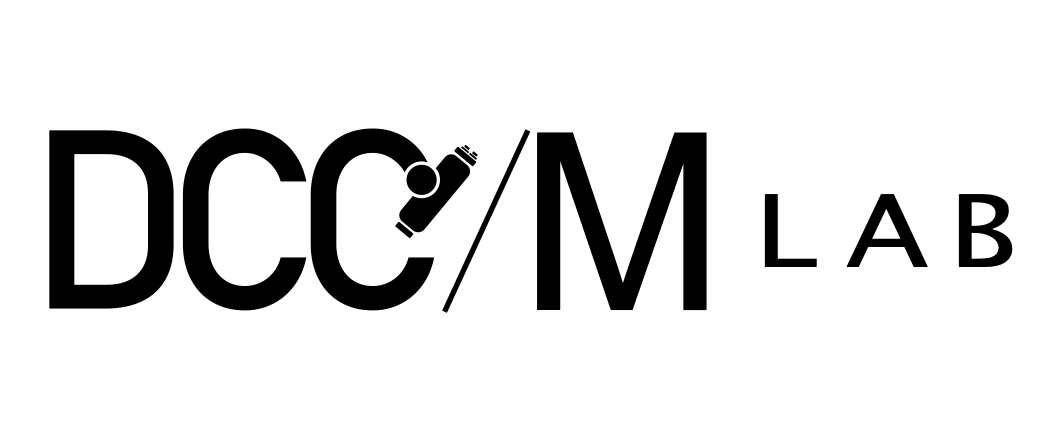Alexandre Bédard

Position: MS.c Student in Biophotonics, Université Laval, Québec, Canada
Academia:
Bachelor’s degree in Mechanical Engineering, Sherbrooke University, Québec, Canada
Advisor: Prof. Daniel Côté
Email: alexandre.bedard.9@ulaval.ca
Guidage neurochirurgical en utilisant la spectroscopie par réflectance diffuse
Deep brain stimulation (DBS) has become a safe and effective treatment for neurological movement disorders such as those that occur in Parkinson’s disease. During DBS, implanted electrodes are used in specific targets such as the subthalamic nucleus. Diffuse reflection spectroscopy has been used to study biological tissues in many applications and can be used as a non-invasive technique to analyze the characteristics of the reflection spectrum of a given material produced by light passing through a medium.
This technique takes advantage of the difference in reflectivity between white and gray matter in the brain near the STN. It is usually performed using a broadband white light source, some sort of optical probe to deliver the light to and from the instruments, and spectral analysis is performed by a spectrometer. Spectrometry in brain tissue can also provide useful information based on the presence of strong absorbers in the blood (deoxygenated and oxygenated hemoglobin).
Biographie
Alexandre completed his bachelor’s degree in mechanical engineering at the University of Sherbrooke under the COOP program. He completed various internships ranging from biomedical to wind turbine installation in Western Canada. School projects such as a robotic arm for laparoscopies, a ventricular assistance device and the design of an all-terrain ambulance module, have given him a passion and interest in the medical field. As a master’s student at the DCCLab, he is working on the mechanical design of a new probe for DBS (deep brain stimulation) using DRS (diffuse reflectance spectroscopy).
